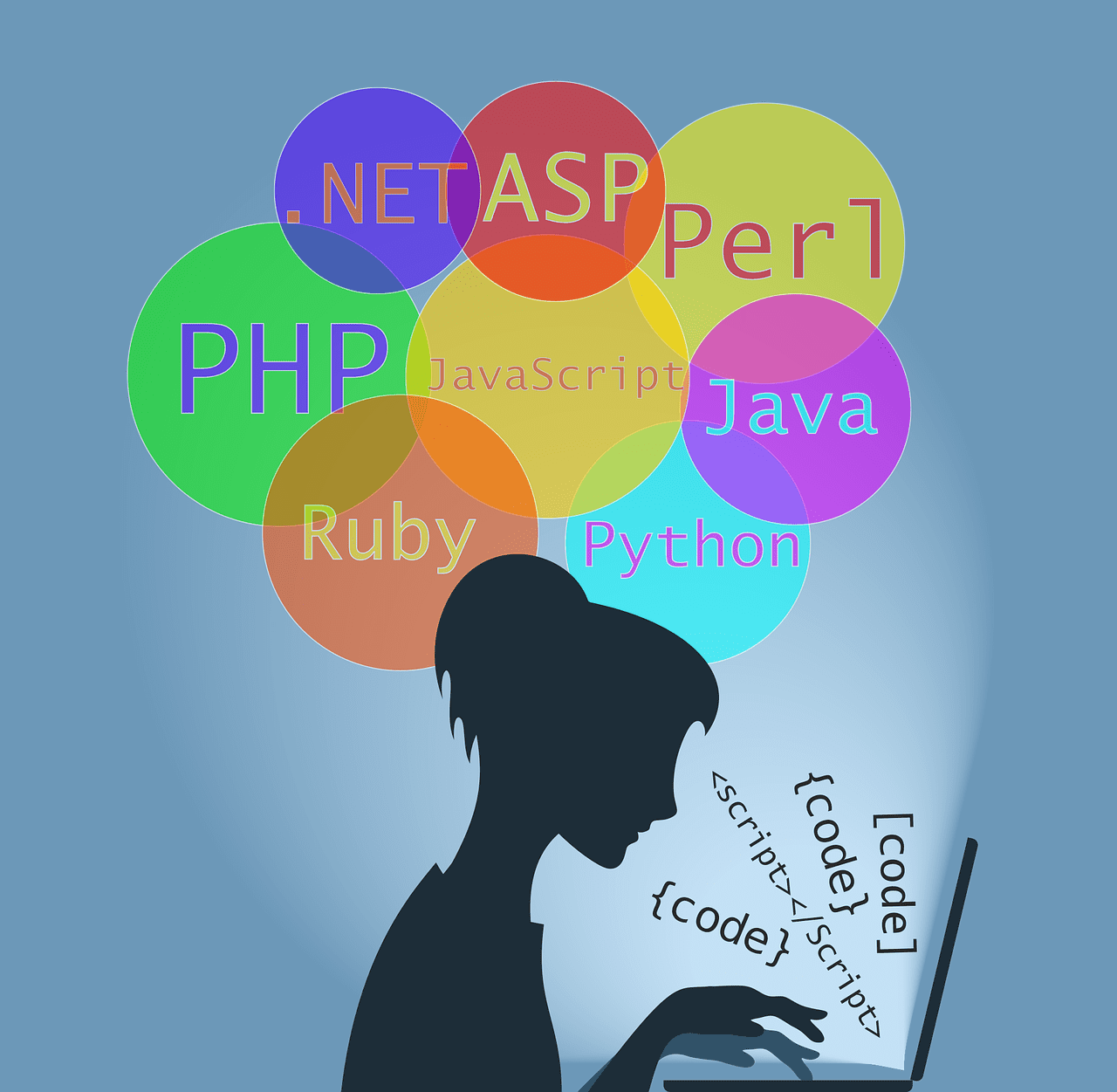Top 5 Programming Languages That Every Developer Should Learn 2023
In today’s rapidly evolving technological landscape, programming languages play a pivotal role in shaping the software development industry. As a developer, mastering the right programming languages can significantly enhance your career prospects and broaden your skillset. Whether you’re a novice or a seasoned coder, here are five programming languages that every developer should consider learning:
Table of Contents
-
Introduction
-
Python: The Swiss Army Knife of Programming Languages
-
JavaScript: Powering the Interactive Web
-
Java: Versatile and Platform-Independent
-
C#: Building Robust Windows Applications
-
SQL: Managing Data with Precision
-
Choosing the Right Language for You
-
Learning Resources for Aspiring Developers
-
Conclusion
-
FAQs
Introduction | Top 5 Programming Languages
Programming languages are the backbone of software development, serving as tools that developers use to create, manage, and optimize various applications. With a plethora of programming languages available, it’s essential for developers to choose the ones that align with their goals and project requirements.
Python: The Swiss Army Knife of Programming Languages
Python, known for its simplicity and readability, has gained immense popularity among developers. Its versatility allows it to be used in web development, data analysis, artificial intelligence, and more. Python’s extensive library ecosystem and user-friendly syntax make it an ideal choice for both beginners and experts.
For instance, here’s a basic Python code snippet that prints “Hello, World!”:
“`python
print(“Hello, World!”)
“`
You can also perform more advanced tasks, such as data manipulation, using Python’s built-in libraries. Here’s an example of reading a CSV file and printing its contents:
“`python
import csv
with open(‘data.csv’, ‘r’) as file:
reader = csv.reader(file)
for row in reader:
print(row)
“`
JavaScript: Powering the Interactive Web
JavaScript, often referred to as the language of the web, is a must-learn for any developer working on web applications. It enables the creation of interactive and dynamic user interfaces, enhancing the overall user experience. From simple scripts to complex front-end frameworks like React and Vue.js, JavaScript is a cornerstone of modern web development.
To illustrate, here’s a basic JavaScript code snippet that displays an alert when a button is clicked:
“`html
<!DOCTYPE html>
<html>
<head>
<title>JavaScript Example</title>
</head>
<body>
<button onclick=”alert(‘Hello, World!’)”>Click me</button>
</body>
</html>
“`
You can also manipulate the Document Object Model (DOM) to update web page content dynamically using JavaScript.
Java: Versatile and Platform-Independent
Java’s “write once, run anywhere” philosophy has made it a staple in enterprise-level software development. With its robustness and ability to run on multiple platforms, Java is used in building everything from Android apps to large-scale backend systems. Its strict typing and extensive libraries contribute to its reliability and performance.
Here’s a simple Java program that prints “Hello, World!”:
“`java
public class HelloWorld {
public static void main(String[] args) {
System.out.println(“Hello, World!”);
}
}
“`
Java’s object-oriented features also allow developers to create complex applications by defining classes and objects.
C#: Building Robust Windows Applications
C# is synonymous with Windows application development, powering software for desktops and Microsoft’s .NET framework. Its object-oriented nature and integration with Visual Studio provide developers with the tools to create powerful, visually appealing applications. C# is an essential language for those interested in Windows development.
Here’s a basic C# code snippet that displays a message box:
“`csharp
using System;
using System.Windows.Forms;
class Program {
static void Main() {
MessageBox.Show(“Hello, World!”);
}
}
“`
C# supports graphical user interface (GUI) development, making it suitable for creating Windows applications with rich user experiences.
SQL: Managing Data with Precision
Structured Query Language (SQL) is the backbone of database management systems. Developers working with data-driven applications must understand SQL to efficiently retrieve, manipulate, and store data. Whether it’s a small-scale application or a massive enterprise database, SQL proficiency is a valuable skill.
Here’s an example of a SQL query that retrieves data from a table:
“`sql
SELECT first_name, last_name FROM customers WHERE age > 25;
“`
SQL also allows you to perform operations like updating, inserting, and deleting data, making it crucial for maintaining data integrity.
Choosing the Right Language for You
Selecting the right programming language depends on various factors such as project scope, career goals, and personal interests. Consider the type of applications you want to build, the industry trends, and the demand for certain languages in the job market.
Learning Resources for Aspiring Developers
Embarking on a journey to learn new programming languages can be both exciting and challenging. Fortunately, numerous online resources, tutorials, and coding platforms are available to assist aspiring developers. Websites like Codecademy, Udemy, and freeCodeCamp offer comprehensive courses that cater to different learning styles.
Conclusion | Top 5 Programming Languages
As the world of technology continues to evolve, staying relevant as a developer requires continuous learning and adaptation. Mastering these five programming languages—Python, JavaScript, Java, C#, and SQL—will not only enhance your coding prowess but also open doors to diverse and exciting career opportunities.
FAQs
Q1: Are these programming languages suitable for beginners? A1: Yes, each of these languages offers resources and communities that cater to beginners, making them excellent choices for starting your coding journey.
Q2: Can I specialize in just one programming language? A2: Absolutely. While learning multiple languages broadens your skillset, specializing in one language can lead to expertise and specialization in specific domains.
Q3: How can I decide which programming language to learn first? A3: Consider your goals and the type of projects you’re interested in. Research industry trends and the demand for specific languages to make an informed decision.
Q4: Is learning SQL necessary if I’m not working on databases? A4: While not mandatory, understanding SQL can provide a solid foundation for data manipulation and organization, which can be beneficial in various development roles.
Q5: Where can I find real-world projects to practice these languages? A5: Online coding platforms, GitHub repositories, and open-source projects are excellent sources for finding real-world projects to practice your chosen languages.
Read More


1 thought on “Top 5 Programming Languages That Every Developer Should Learn 2023”